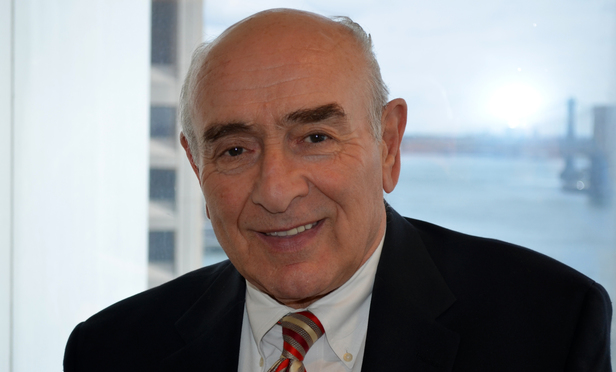Our prior Products Liability columns often elaborated well-established New York law on judicial screening or “gatekeeping” of expert testimony.1 The Court of Appeals made it clear in Parker v. Mobil Oil Corp.2 that questions regarding reliability of experts’ testimony required diligent policing by courts. And, now, a new ruling, the Cornell decision, makes the point emphatically. The basic rules seem simple enough. If “novel” scientific evidence is involved, the court applies the Frye “general acceptance” test to determine “whether the accepted techniques, when properly performed, generate results accepted as reliable within the scientific community generally.” If the answer is “no,” the testimony has flunked and must be precluded or excluded. If the answer is “yes,” the proponent of the novel scientific testimony has survived the threshold test but still has to get past the admissibility “gate.” The evidence must meet a second, “foundational reliability” inquiry.
This second admissibility standard applies to all expert testimony, not just “novel” scientific evidence. In Parker, the court said the Frye inquiry is “separate and distinct from the admissibility question applied to all evidence—whether there is a proper foundation—to determine whether the accepted methods were appropriately employed in a particular case.” Parker declared that the focus moves “from the general reliability concerns of Frye to the specific reliability of the procedures followed to generate the evidence proffered and whether they establish a foundation for the reception of evidence at trial.”
This content has been archived. It is available through our partners, LexisNexis® and Bloomberg Law.
To view this content, please continue to their sites.
Not a Lexis Subscriber?
Subscribe Now
Not a Bloomberg Law Subscriber?
Subscribe Now
LexisNexis® and Bloomberg Law are third party online distributors of the broad collection of current and archived versions of ALM's legal news publications. LexisNexis® and Bloomberg Law customers are able to access and use ALM's content, including content from the National Law Journal, The American Lawyer, Legaltech News, The New York Law Journal, and Corporate Counsel, as well as other sources of legal information.
For questions call 1-877-256-2472 or contact us at [email protected]



